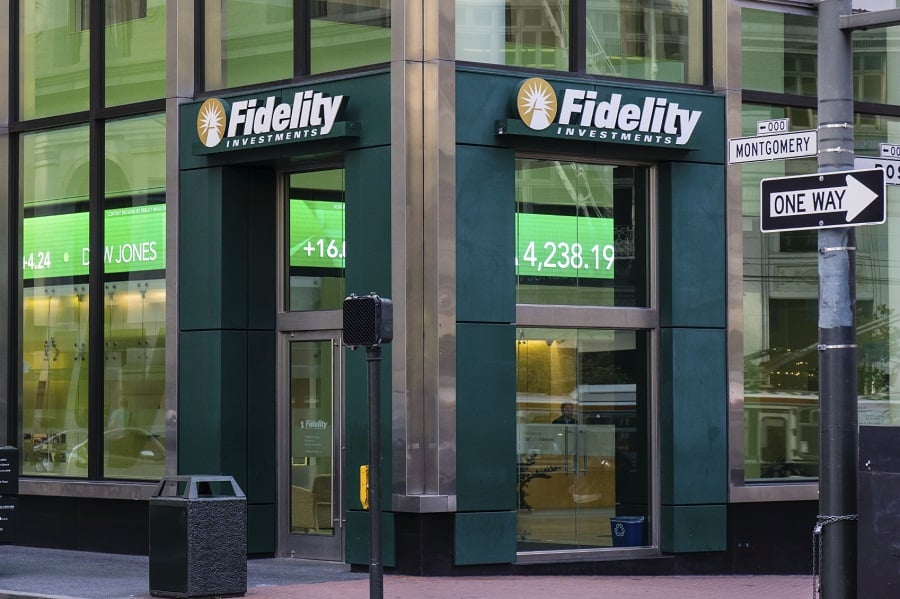Fidelity Investments has pushed the limit in the
wealth management industry's fee wars by launching two index funds with expense ratios of zero.
The $7 trillion asset manager's seemingly blatant effort to capture more market share also includes cutting fees to zero across a long list of traditional revenue sources, including account service fees, transfer fees, low-balance fees and IRA closeout fees.
Fidelity also consolidated 21 separate stock and bond index funds into its lowest-cost share class. As a result, the asset-weighted annual expense across those index funds will decrease by 35%, with some fund expense ratios now at 0.015%.
Fidelity said the fee changes will save shareholders approximately $47 million annually.
Ram Subramaniam, Fidelity's head of brokerage and investment solutions, didn't go into details about how the company is making money as it cuts and removes the fees that are typically designed to cover the cost of managing a portfolio beyond saying, "We take a long-term view."
The new Fidelity Zero Total Market Index Fund (FZROX) and Fidelity Zero International Index Fund (FZILX) are designed to provide broad U.S. equity and international equity market exposure.
The zero-expense ratio on the funds is at least partially offset by the fact that they are benchmarked to indexes created internally at Fidelity, which means the funds won't be paying a licensing fee to an index manager. There is also the
lucrative business of securities lending, which allows asset managers to profit off portfolios by lending securities to short sellers.
"This is not unexpected to see somebody cut the expense ratio to zero; people have been expecting this for a couple of years now," said Blair duQuesnay, a financial adviser at Ritholtz Wealth Management. "It's a strategy that will get more money into the firm, and they will make money by lending securities to short sellers."
Ms. duQuesnay said the prospectuses for the new funds show a large weighting in smaller-cap stocks, which tend to provide the best opportunities for securities lending.
Kashif Ahmed, president of American Private Wealth, also homed in on the securities lending potential.
"Investors need not be fooled into thinking Fidelity is doing this because they are suddenly a nonprofit," he said. "Securities lending is what you agree to when you open an account, but we know no one reads the fine print."
But Fidelity pushed back on the talk of revenue from securities lending. "Fidelity's securities lending program is designed to benefit fund shareholders," the company said in a statement. "Fidelity is not receiving any revenue from the Fidelity ZERO Index funds for securities lending. Nor is Fidelity currently receiving any portion of the income that is generated from securities lent out."
Regardless of how Fidelity capitalizes on its new zero-expense index funds, Ms. duQuesnay and Mr. Ahmed agree the move will benefit investors and likely push
more fund companies to follow suit.
Fidelity's announcement included graphics comparing its new fees with both Charles Schwab Corp. and the Vanguard Group.
Neither of those companies would comment for this story.
Todd Rosenbluth, director of ETF and mutual fund research at CFRA, said investors will be the initial winners because the asset management industry will continue pushing the limits of low-cost money management.
"Investors are increasingly fee-conscious and shifting toward passive products," he said. "While ETFs get much of the attention from a competitive perspective, demand for index mutual funds remains strong."







